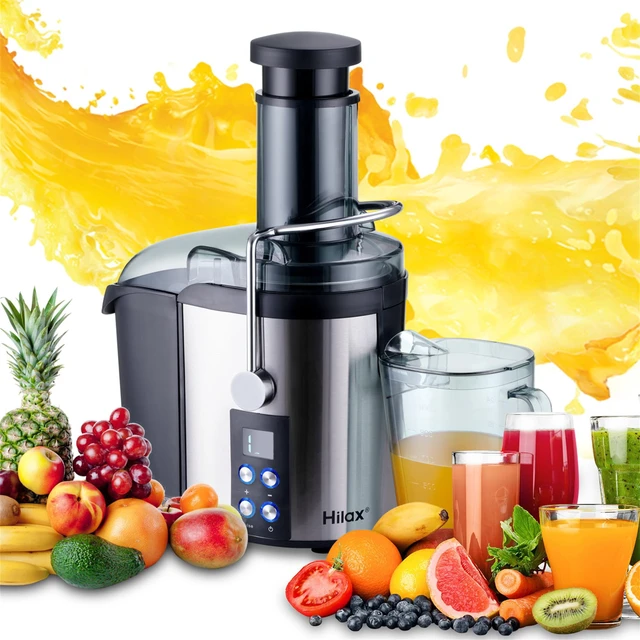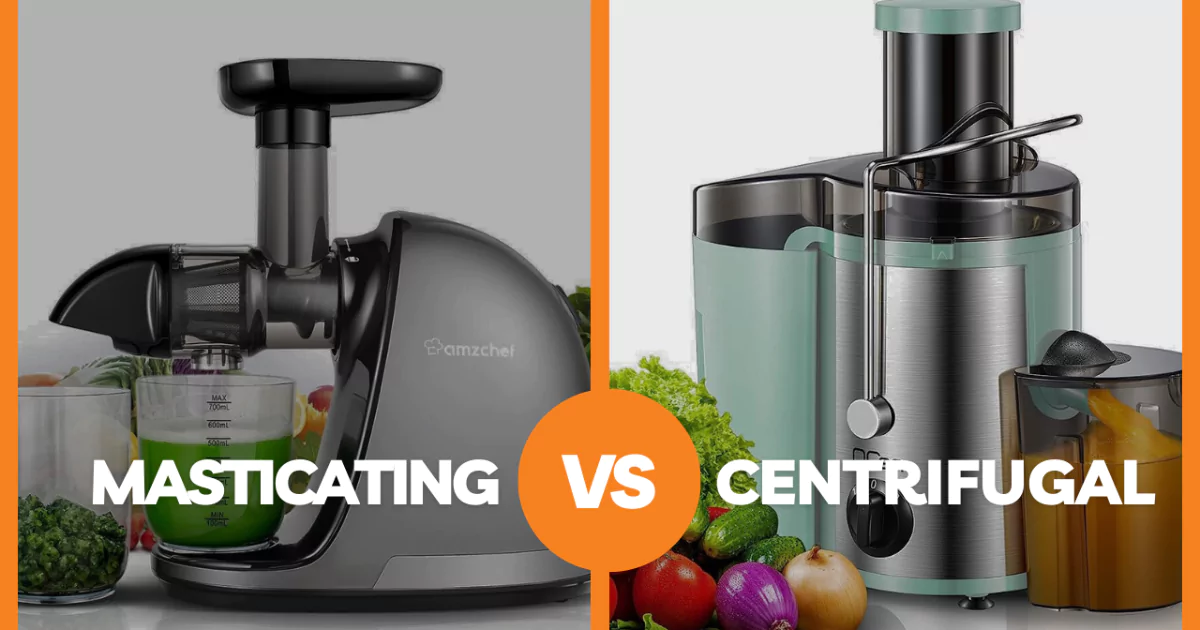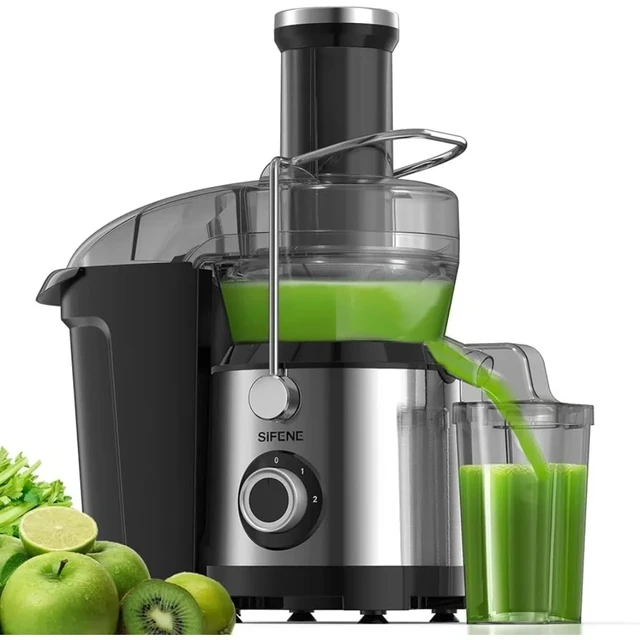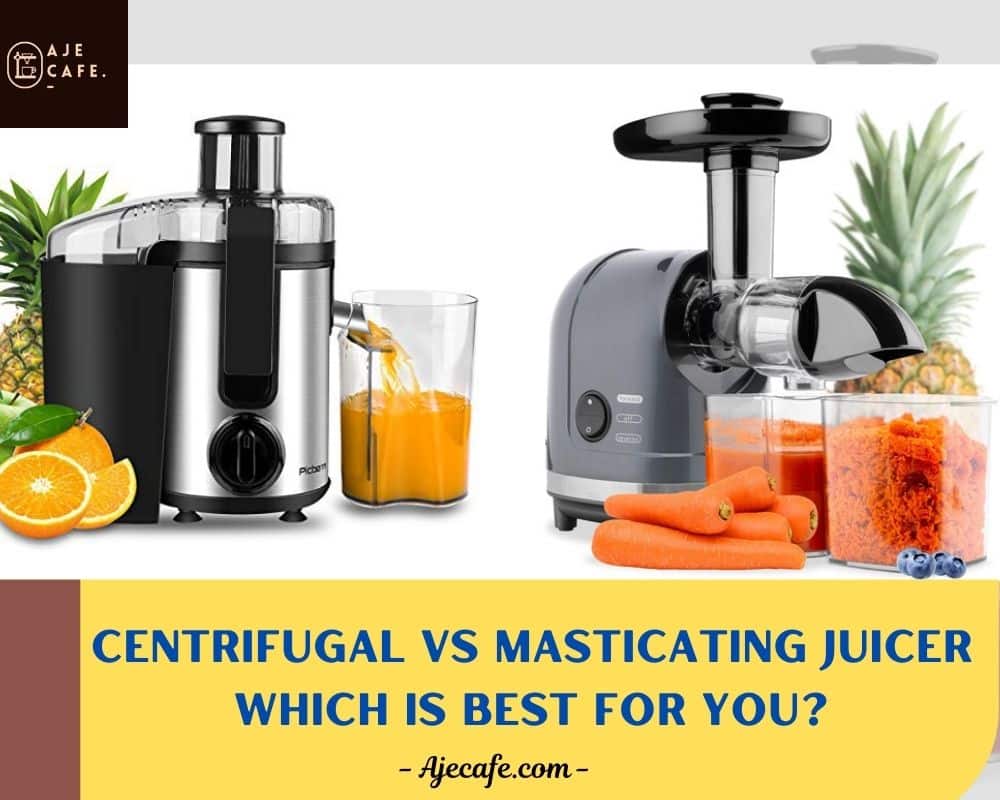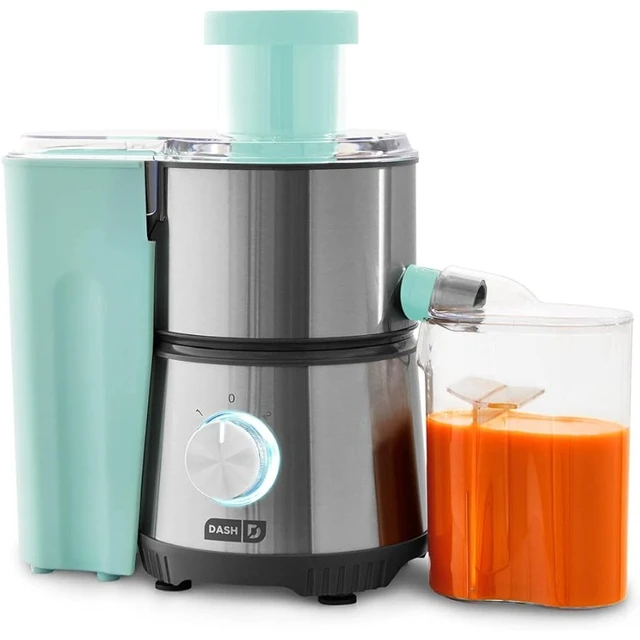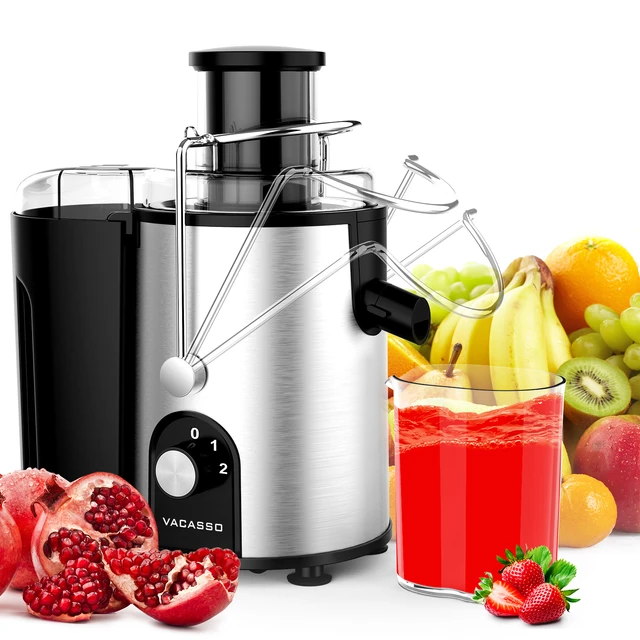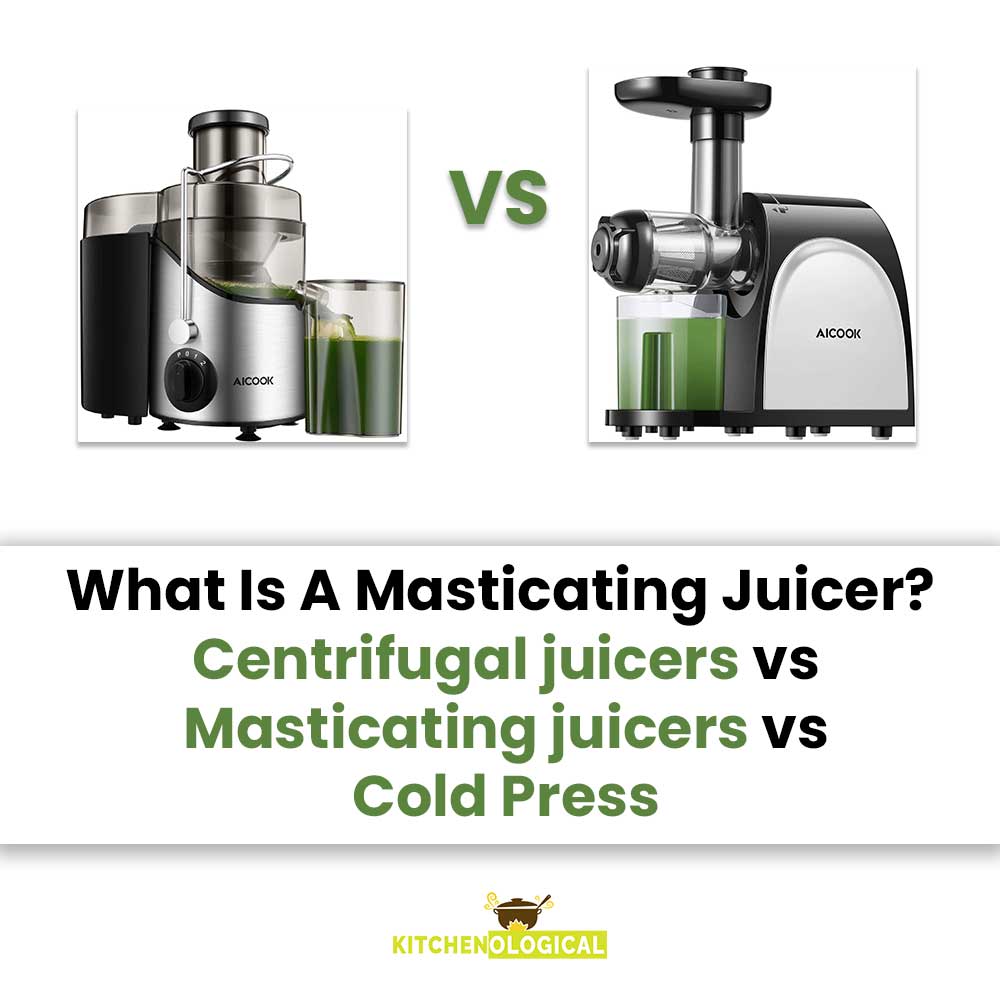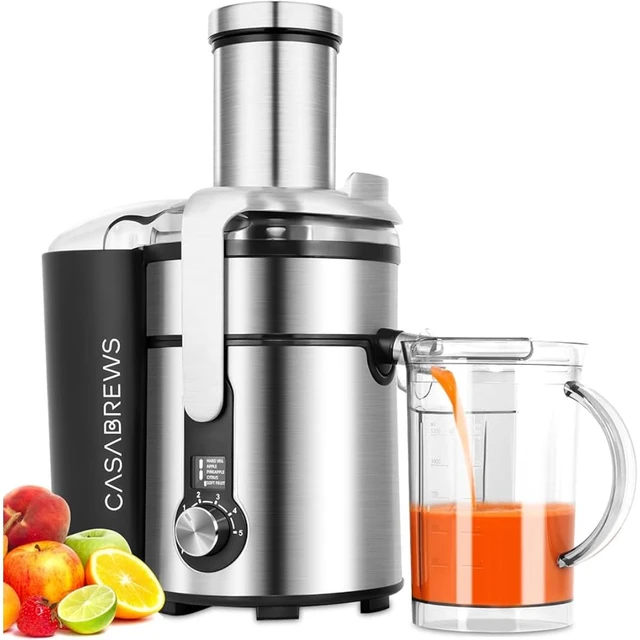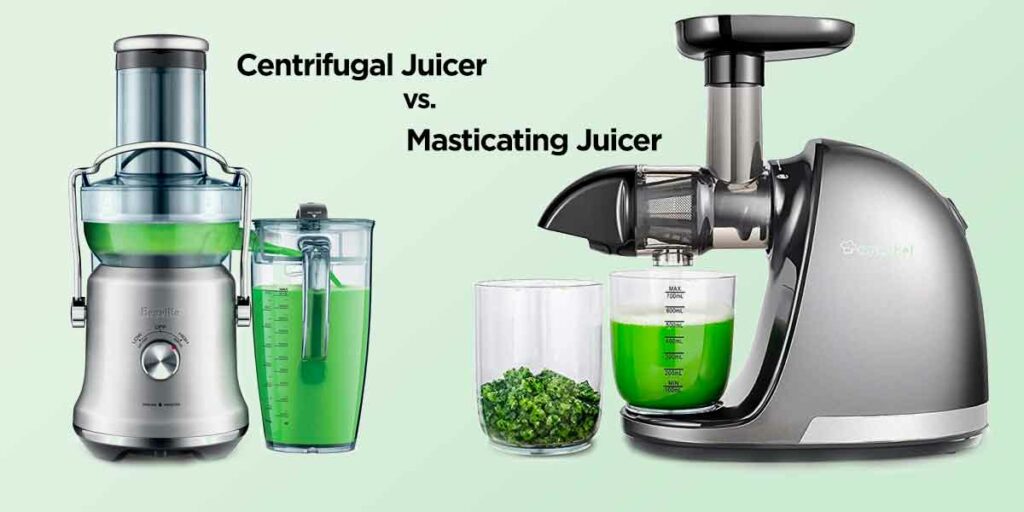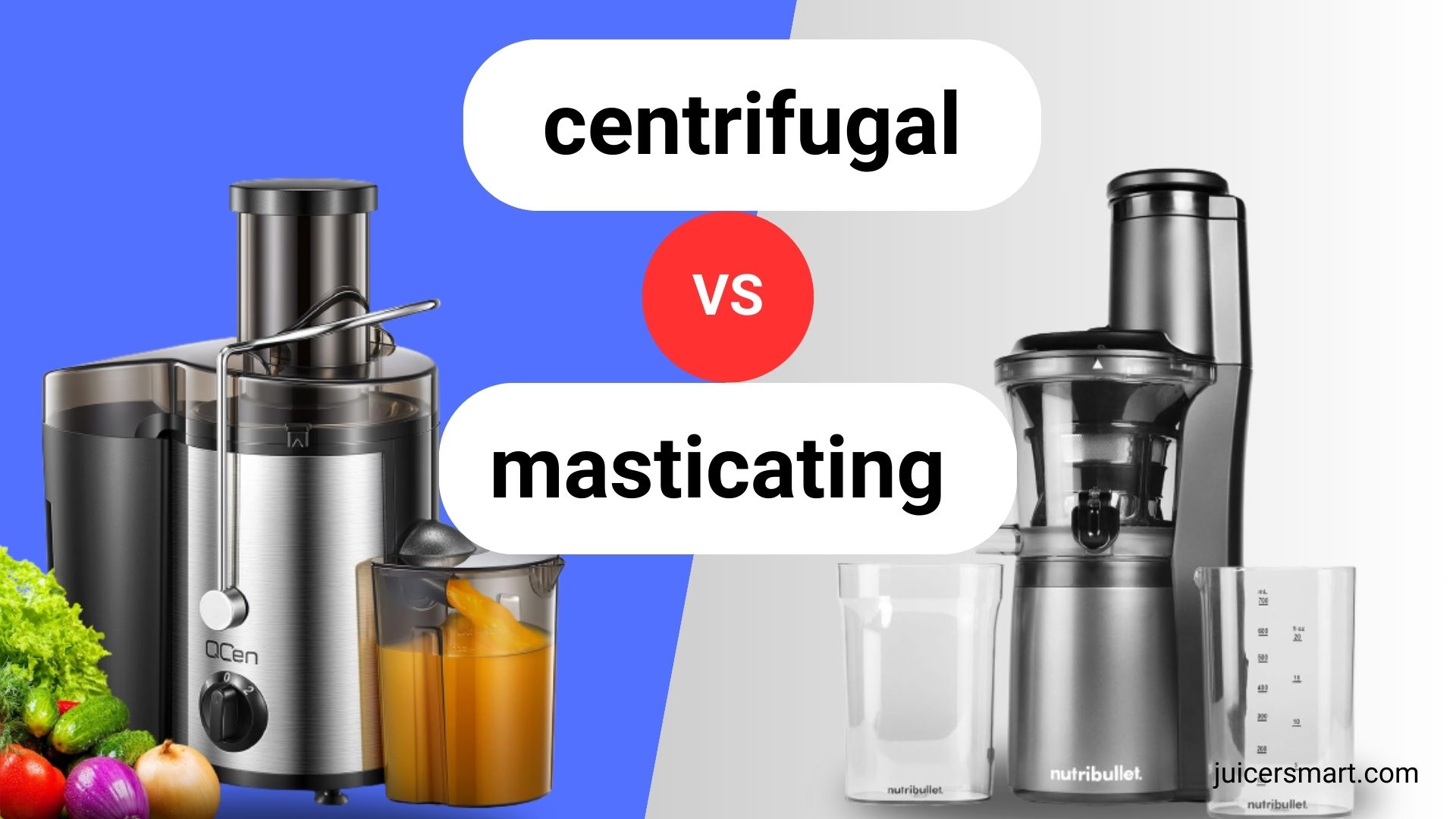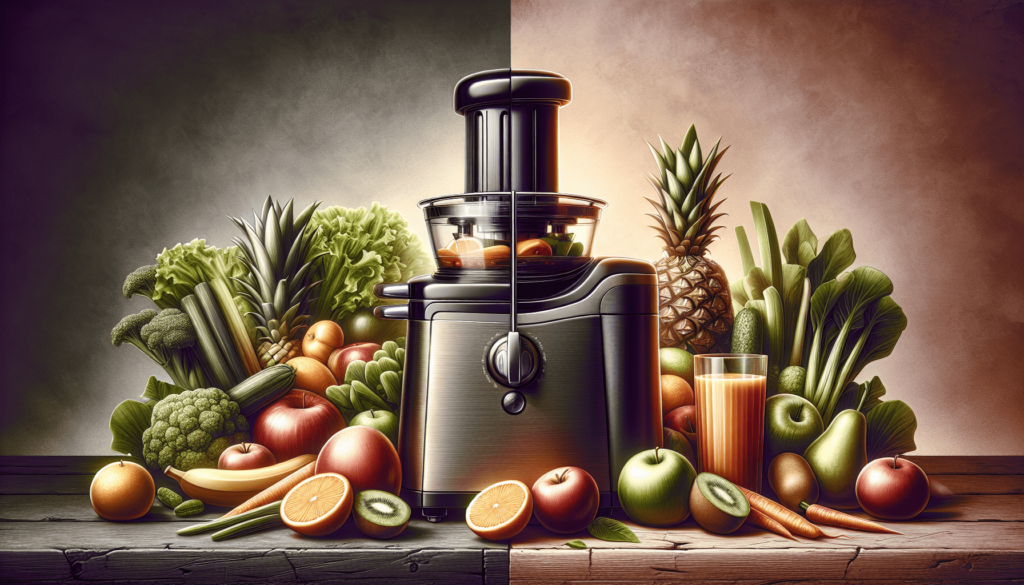Which Is Better Centrifugal Or Masticating Juicer

The quest for optimal nutrition has led many to explore the world of juicing, transforming fresh produce into concentrated sources of vitamins and minerals. But before diving into the vibrant world of extracted fruit and vegetable elixirs, a crucial decision must be made: which type of juicer reigns supreme – the speedy centrifugal or the slow-and-steady masticating?
This isn't just about kitchen gadget preferences; the choice between a centrifugal and masticating juicer impacts juice quality, nutrient retention, and overall user experience. Deciding which type of juicer best suits your needs requires careful consideration of factors like budget, lifestyle, and desired health benefits. Understanding the key differences is crucial for making an informed choice.
The Centrifugal Juicer: Speed and Affordability
Centrifugal juicers are the workhorses of the juicing world, known for their speed and accessibility. They operate by rapidly spinning produce against a sharp mesh filter, separating juice from pulp via centrifugal force. This process is efficient, yielding juice quickly, making it ideal for busy individuals.
Price is a major advantage for centrifugal juicers. These models are generally more affordable than their masticating counterparts, making them a budget-friendly entry point into juicing. Their wide feed chutes often accommodate larger pieces of produce, reducing prep time.
However, the high-speed operation generates heat, which can degrade heat-sensitive vitamins and enzymes. This oxidation process can also lead to faster juice degradation, requiring immediate consumption for optimal nutrient intake. The noise level can also be a deterrent for some users.
The Masticating Juicer: Nutrient-Rich and Versatile
Masticating juicers, often referred to as "slow juicers," employ a different approach, gently crushing and squeezing produce to extract juice. This process minimizes heat and oxidation, preserving more of the nutrients and enzymes found in fruits and vegetables. The resulting juice often boasts a richer color, smoother texture, and longer shelf life.
Masticating juicers excel at extracting juice from leafy greens, wheatgrass, and other fibrous vegetables that centrifugal juicers struggle with. Their versatility extends beyond juicing; many models can also be used to make nut butters, baby food, and even pasta.
The primary drawback of masticating juicers is their slower processing time. Preparing ingredients often takes longer, as smaller pieces are required for optimal operation. They also tend to be more expensive and require more effort to clean compared to centrifugal juicers.
Comparing the Key Differences
Here's a breakdown of the key differences to help you decide:
- Speed: Centrifugal juicers are significantly faster.
- Nutrient Retention: Masticating juicers preserve more nutrients due to lower heat and oxidation.
- Juice Quality: Masticating juicers produce smoother, richer juice with a longer shelf life.
- Versatility: Masticating juicers offer more versatility, capable of juicing leafy greens and performing other food processing tasks.
- Price: Centrifugal juicers are generally more affordable.
- Noise: Centrifugal juicers tend to be louder.
Choosing the right juicer depends on individual needs and priorities. A 2020 study published in the Journal of Food Science compared the nutrient content of juices extracted by centrifugal and masticating juicers, finding that masticating juicers retained significantly higher levels of antioxidants and certain vitamins, particularly in leafy green juices. This study reinforced the claims of health enthusiasts who prioritize nutrient density.
"The key is to assess your personal needs and lifestyle. If you are after a quick and convenient juicing experience and budget is a concern, a centrifugal juicer might be the right choice. However, if you prioritize nutrient retention, juice quality, and versatility, and are willing to invest more time and money, a masticating juicer is the better option." - Dr. Emily Carter, Registered Dietitian.
For example, a busy parent looking for a quick way to add more fruits and vegetables to their family's diet might appreciate the speed and convenience of a centrifugal juicer. On the other hand, someone with specific health goals, such as detoxifying or boosting their intake of greens, might find the nutrient-rich juice produced by a masticating juicer more beneficial.
Ultimately, the best juicer is the one that you will use consistently. Consider your budget, time constraints, and desired health outcomes when making your decision. Research various models within each category and read user reviews to get a better understanding of their performance and reliability. The journey to better health starts with informed choices, and the right juicer can be a valuable tool in achieving your wellness goals.

